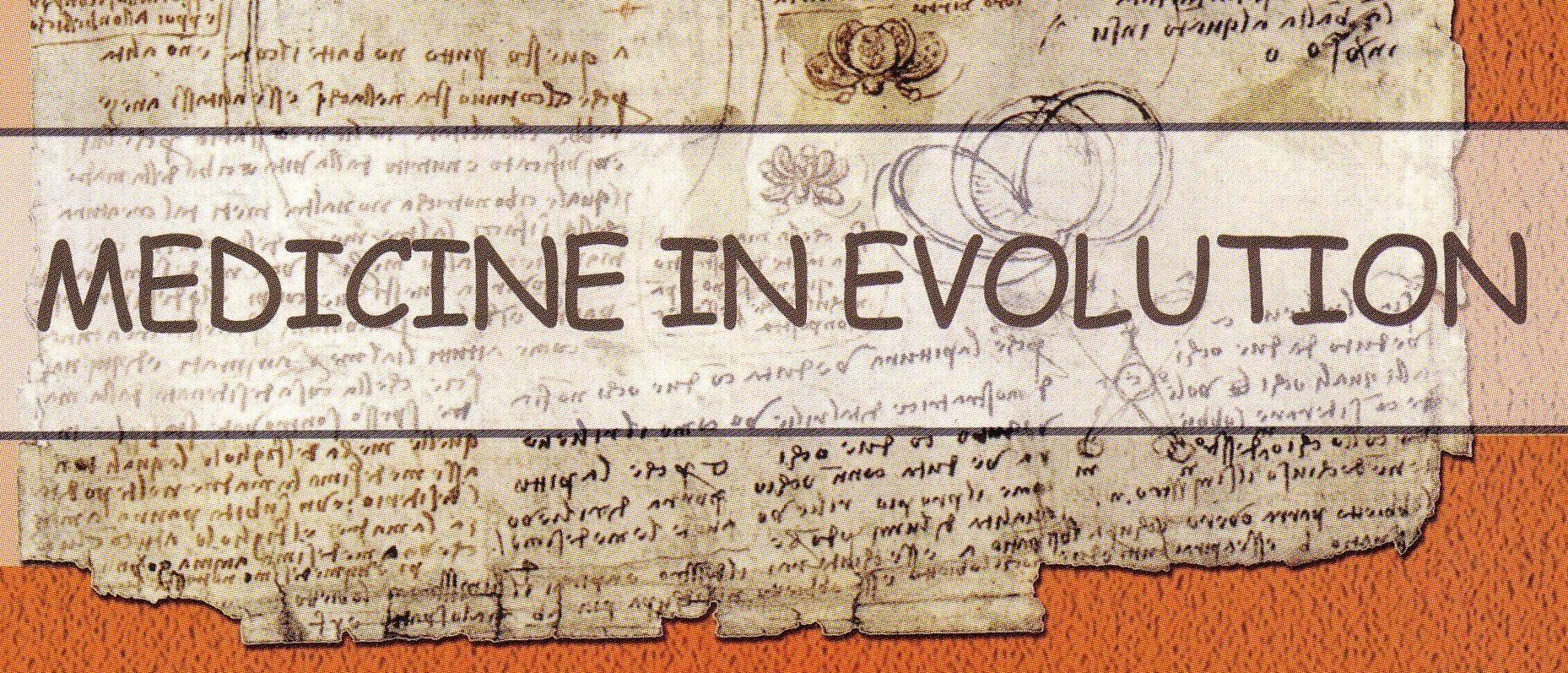|
Medicine in evolution
|
- Abstract - Objectives: The study aims the involvement of Helicobacter pylori in NSAIDs induced gastric disease and the role of this bacterium. Material and method: The study includes 160 patients. The 160 patients with chronic degenerative rheumatic disease were subjected to oral NSAIDs treatment (non-selective COX inhibitors) for 10 days. Endoscopic and histological examinations performed after the anti-inflammatory treatment for the detection of Helicobacter pylori allowed the delimitation of two groups of patients NSAIDs Hp + and NSAIDs Hp -. We compared the two groups based upon previously defined endoscopic and histological parameters. Results: The 160 patients classified into the two groups i.e. NSAIDs Hp+ and NSAIDs Hp- were detected with endoscopic and histological lesions consistent with acute gastritis (abrased epithelium, blood exudation, oedema and capillary congestion more frequent in NSAIDs Hp-) and chronic gastritis changes (hyperaemia, congestion, papulous gastropathy, intestinal metaplasia more frequently encountered in the NSAIDs Hp+ group) 1,4,6. Discussions: Acute and chronic gastritis changes are often multifactorial diseases with a series of risk factors for the occurrence of these endoscopic and histological changes after NSAIDs treatment, Helicobacter pylori being one of these risk factors 6. Non-selective COX NSAIDs pose a gastric risk by direct action and systemic action by introducing selective COX2 inhibitors, harmful gastrointestinal effects were diminished. NSAIDs effects have been demonstrated by COX2 inhibition and harmful effects occur by inhibition of COX1 8. Short term intake of NSAIDs (10 days) may cause acute gastritis lesions by COX1 inhibition 5, 7. Present literature data on the toxic additive effect of NSAIDs and Helicobacter pylori on the gastric mucosa are still controversial 7.
Conclusions:
1. in our study, Helicobacter pylori offers
protection to the gastric mucosa against
drug-induced aggression, reducing both the number of
cases who develop erosive gastritis as well as the
severity of lesions 6. 2. Both endoscopic and
histological acute and chronic changes are most
frequently detected in the gastric antrum 4.
Webmaster: Creanga Madalina |
|---|
